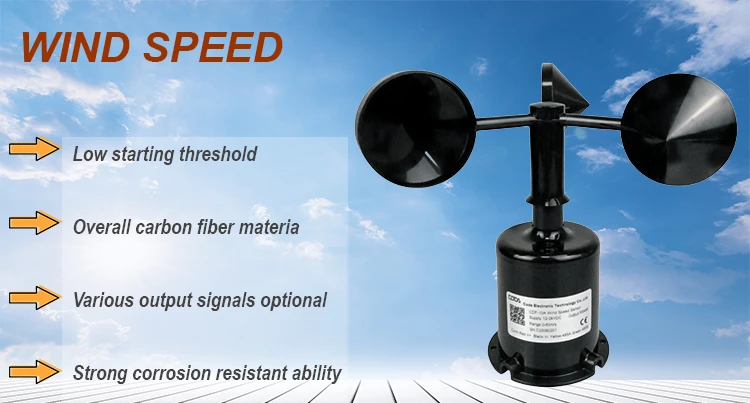
html
Wind Speed Measuring Instruments
Measuring wind speed is essential for various applications, including weather forecasting, aviation, marine navigation, and environmental monitoring. Several specialized instruments are designed to accurately measure wind speed, each with unique features and applications.
Anemometers
The most common instrument for measuring wind speed is the anemometer. There are several types of anemometers:
- Cup Anemometers: Feature three or four cups mounted on horizontal arms that rotate with the wind.
- Vane Anemometers: Combine a propeller with a tail vane to measure both speed and direction.
- Hot-Wire Anemometers: Use electrically heated wires to detect changes in wind speed through temperature variations.
- Sonic Anemometers: Measure wind speed using ultrasonic sound waves, providing highly accurate readings.
Wind Vanes
While primarily used to determine wind direction, wind vanes are often paired with anemometers to provide comprehensive wind data. They consist of a rotating arrow or fin that aligns with the wind direction.
Doppler Radar
For large-scale wind measurement, Doppler radar systems are used. These advanced instruments can detect wind speed and direction over vast areas, making them invaluable for meteorological studies and severe weather tracking.
Applications of Wind Speed Measurement
Wind speed data is crucial for:
- Weather prediction and storm tracking
- Aviation safety and flight planning
- Wind energy production assessment
- Maritime navigation and safety
- Environmental and pollution studies
Choosing the Right Instrument
Selecting the appropriate wind speed measuring instrument depends on factors such as:
- Required accuracy level
- Measurement range
- Environmental conditions
- Portability needs
- Data recording requirements
Modern wind speed instruments often incorporate digital technology, wireless connectivity, and data logging capabilities, making wind measurement more precise and convenient than ever before.
Keyword: measure wind speed instrument
